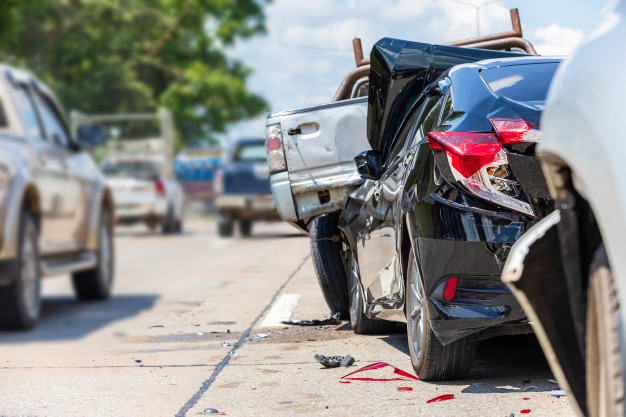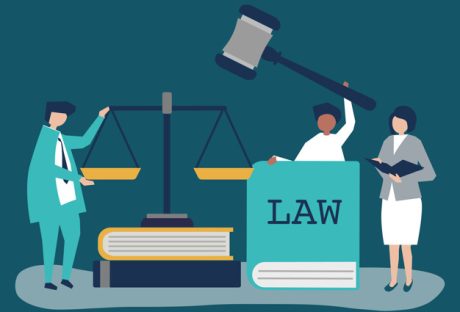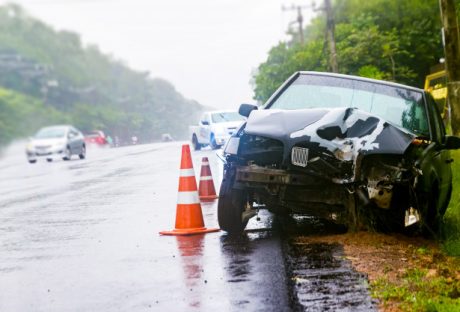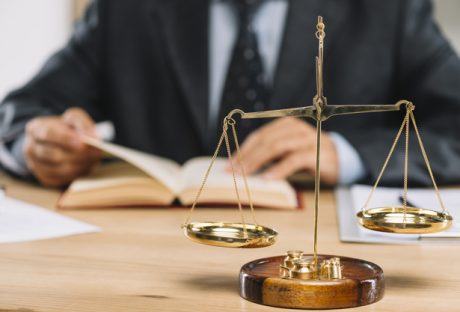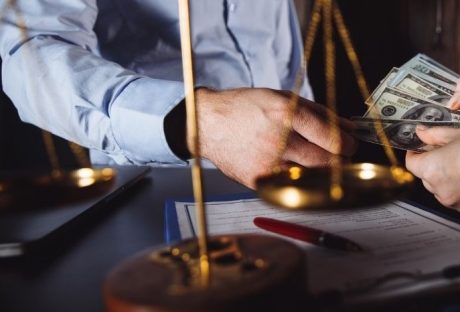Accidents are unfortunate, and when they happen, the effects are beyond our control. When you are involved in a vehicle or car crash, you will most likely experience strong emotions such as panic, shock, dizziness, and sometimes rage at the fault driver who caused the accident. Despite these natural responses, the most crucial thing you can do is to keep calm so that you can document the events accurately.
If you are involved in a car crash in New Port Richey, FL, there are several steps you can take to handle the aftermath of the accident successfully.
What Steps Should I Take When Involved In Car Crash:
1. Check for injuries
Accidents can result in external, internal, and psychological injuries. If you or anyone else involved is hurt, call 911 immediately for an ambulance and police. Emergency personnel will be able to assess severe problems and check for internal injuries.
2. Secure the scene and move to a safer area
When a car crash happens, it may block the movement of other vehicles on the road. As a rule, you should put up accident alerts such as a reflective emergency triangle, flares, or keep your flashers on to notify approaching drivers of the accident. Additionally, keep your distance from the car crash scene by moving into a safer area so you are not exposed to ongoing traffic.
3. Document the car crash information
On arrival at the car crash scene, the police will officially document the accident and record statements of parties involved and any eyewitnesses. Give the police factual information and do not guess or speculate anything. If you are not sure about anything, say precisely that rather than giving out incorrect information.
The police will want to record if you are injured. If you are, tell the police and medical personnel. If you feel okay, it is better to say you are not sure since you may have internal injuries that can manifest hours or days after the accident and may even be fatal.
Moreover, check that the information the other driver and people involved are giving is correct. There is also additional important information that you should obtain, if possible such as the other driver and witnesses’ contacts if they are willing to share with you.
Take pictures of the car crash and the scene, record the police report number, the police’s name, number, and the time of the accident. You can record audio or write down the information. That information will be useful to your insurer and for court evidence in case of a claim.
4. Notify your insurance company
Notify your car insurer about the accident and send them the information via email or any other channel as soon as possible. Also, check if your medical insurance covers accidents so that you know the way forward.
5. Get medical attention
As earlier mentioned, you may be injured even if you feel okay, so seek medical attention immediately. For instance, if you felt dizzy after the crash, you may have suffered a head concussion. Get a full medical examination.
6. Protect your rights by filing a claim
After that, protect your rights by contacting a personal injury attorney who will advise you accordingly on how you will file the claim. An attorney will assess the accident records, statements, and determine compensation steps.
These simple steps will help you successfully deal with the aftermath of a car crash.
Read Also:













